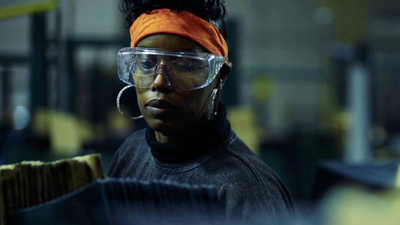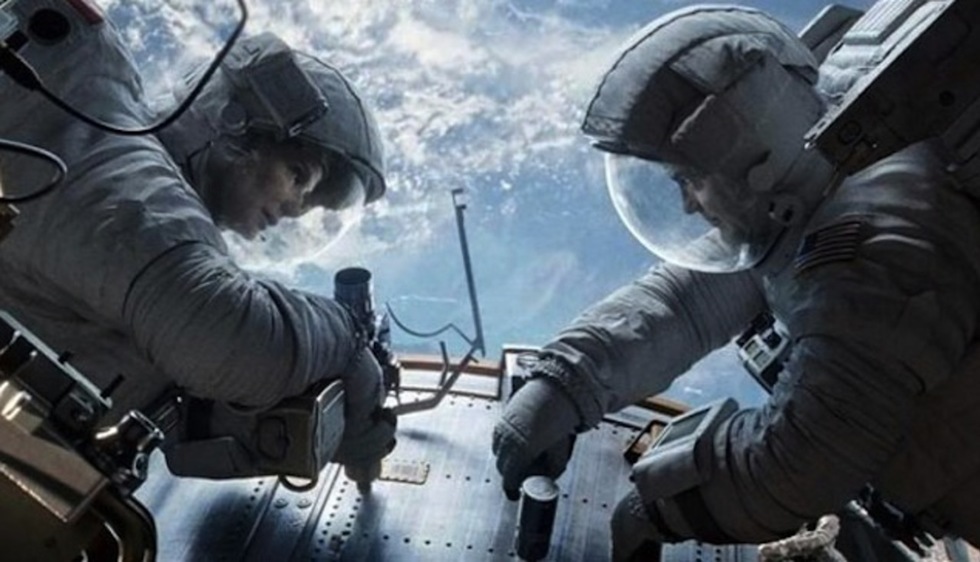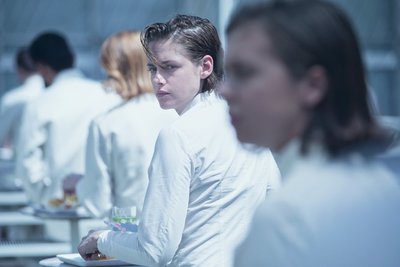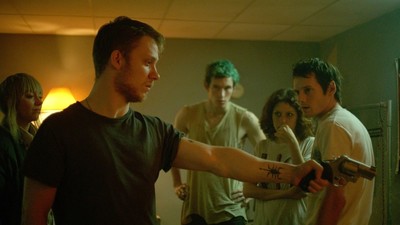
BY RON MWANGAGUHUNGA |
Are Movie Trailers Finally Getting Better?
Two new examples of trailers that - gasp! - don't give away the entire movie are reviving our faith in movie marketing.

The National Association of Theater Owners recently found that the average ticket last quarter rose to $8.38 from $7.96 a year ago. In the age of video streaming and insanely great television programming from an almost infinite number of channels, movies, finally, have real competition for viewers. As ticket movie prices rise, trailers have been getting more interesting. A trailer exists to get people -- preferably on opening weekend -- into theaters. "I have to see that film immediately," is what ideally goes through the head of a viewer watching a trailer. Inception did that.
How does one construct a trailer that doesn't give away the whole game?
YouGov recently released a poll, taken April 26-29, saying that one in three Americans believe that movie trailers give away too much of the plot. (But even that number seems low, doesn't it?) Further, 19% of poll's respondents said that trailers revealing a lot of the plot have deterred them from seeing a film. 48% of Americans cite that the biggest factor in helping them decide which movies to see are trailers (46% cited personal recommendations.) So trailers are still a big deal, but the problem is how to not give away the movie. The poll also showed that overwhelmingly the plot or storyline (77%), followed by the cast (45%), the genre (22%), the director (20%), and the book or play it’s based on (15%) are the most important aspects of a movie. Plot, at least according to the poll, is the biggest drawing point as well as the biggest problem. Therein lies the dilemma: How does one construct a trailer that doesn't give away the whole game?
The Conjuring trailer expresses enough jeopardy that the viewer needs to resolve it by buying a ticket.
The Conjuring, which won last weekend's box office race, topped the highly marketed Despicable Me 2 and Turbo. The trailer may have had something to do with the films success.The Conjuring doesn't have an A-List cast to draw audiences, but the trailer -- as well as the creepy subject matter -- tells me that it is not a conventional horror movie. They didn't use explosions or CGI, either. The trailer doesn't divulge too much about the plot, but it expresses enough jeopardy that the viewer needs to resolve it by buying a ticket. I was suitably engaged. The Gravity "Detached" trailer, which is roughly a minute long, is an incredibly dramatic single shot about getting lost in space. "Drifting," the second released trailer, also roughly a minute long, was also very engaging.
There are so many examples of trailers that give away the entire movie. I call this the Free Willy Syndrome. That entire darn film was spoiled by the trailer. Then there are the clichés, the "film brought to you by that other movie that you liked." Action movies, for example, are federally mandated to use Carmina Burana over a slo-motion montage. Although nothing was going to stop Revenge of the Sith from dominating the box office in its day, the trailer was literally the whole film in 150 seconds.
But movie trailers are getting better. Cabin in the Woods and Cloverfield are two incredibly noteworthy recent(ish) examples of what effective trailers are capable of doing (and how they can help box office). There was once a time when almost every comedy had Ton Loc's Wild Thing in their trailer. Now, with increased competition for eyeballs, trailers have to step up their two and a half minutes.

